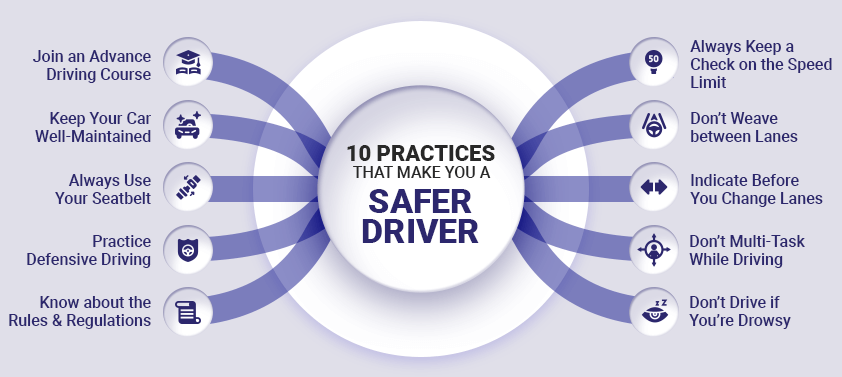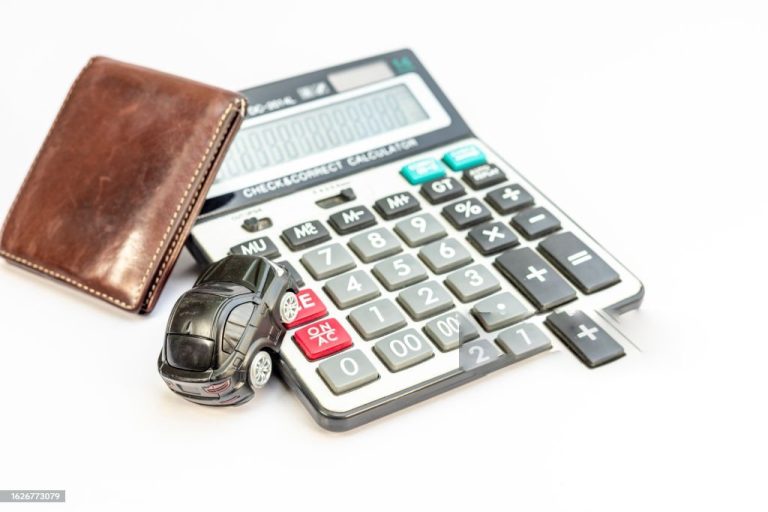Having a car is convenient, but the cost of running it can add up fast. From insurance and fuel to repairs and servicing, the costs seem endless. Luckily, by adopting some intelligent planning and easy habit changes, you can reduce your car costs by a huge margin. Here are five tried-and-tested ways to save on car running costs while maintaining your vehicle in excellent condition.
Shop Around for the Best Deals
It might sound elementary, but it is surprising how many car owners neglect the need to shop around. From insurance to repairs to fuel, getting quotes is a sure way to save money.
Insurance Discounts:
- Most insurers entice new clients with better prices, and being loyal to your insurer is not always going to be the best value for money. Review policies online annually to get the best prices available.
- Use price comparison websites to scan several insurers’ prices instantly.
- If you have a spotless driving record, inquire about discounts with insurers—those may be your best rates.
Repair and Maintenance Expenses:
- Do not accept the initial repair estimate you get. Get several estimates before you make a decision about where to have your car repaired.
- Some repair shops price match, so negotiate using competitor estimates.
Fuel Economy:
- Gas prices can differ by quite a lot from one gas station to the next. Use smartphone apps such as GasBuddy to discover the lowest-priced gas stations in your area.
- If you can, refuel in the early morning or evening when temperatures are cooler, and it will cut fuel evaporation.
Practice a Smoother Driving Habit
Driver aggressiveness wastes not only gas but also shortens the life of your vehicle’s parts. You can help keep your vehicle longer and save you money by changing a few habits.
How to Drive More Efficiently
Avoid sudden acceleration and hard braking: Sudden acceleration burns additional fuel, and constant braking shortens brake pads. Instead, drive at a consistent speed and look ahead to stops.
- Use cruise control on the highway: This ensures a consistent speed, which is more fuel-efficient.
- Do not overload your vehicle: Unnecessary weight burns more fuel. Take off roof racks or heavy loads from the trunk if they are not required.
- Smooth gears: If you own a stick shift, smooth out gears by shifting at proper RPM to prevent over-revving and wastage of fuel.
By getting into these customs, you would not just conserve fuel but also spend less on tyre, brake, and engine piece maintenance.
Supply Your Own Car Components
Mechanics usually attach a markup fee to replacement pieces when you send your car to them for fixing. Instead of shelling it out, opt to supply your own pieces yourself.
Where to Purchase Inexpensive Car Parts:
- Online Stores: Sites such as RockAuto, AutoZone, and eBay Motors sell inexpensive new and used car parts.
- Scrap Yards: Most junkyards sell used working parts for a fraction of the price.
- Car Forums and Facebook Marketplace: Other car owners sell spare parts cheaply.
If purchasing used parts, always inspect for wear and tear and request clear pictures before buying.
Pay Insurance Annually Rather than Monthly
Saving a significant amount of money can be achieved by paying for car insurance in a single lump sum each year. The majority of insurers charge interest on monthly payments, so they cost more over the long term.
Why Annually is Less Expensive:
- Finance charges are included in many monthly payments, and these will add up in the long run.
- Discounts may be provided by some insurers for customers paying upfront.
How to Budget for Yearly Payments:
- Set up a savings account and put aside a small amount each month.
- When your renewal date arrives, you will have the full amount ready to pay in one go.
- If an annual payment is not feasible, ask your insurer about semi-annual payments—they often cost less than monthly plans.
Keep Your Tires Properly Inflated
Underinflated tires increase rolling resistance, causing your car to use more fuel. Poor tire pressure can also lead to uneven wear, meaning you will need replacements sooner than expected.
Tyre Maintenance Tips:
- Check tire pressure at least once a month and before long trips.
- Refer to your car manual for the recommended PSI levels.
- Use a portable air pump or visit gas stations with free air pumps to maintain optimal pressure.
- Well-maintained tires not only save fuel but also increase safety by being more grippy and responsive.
Conclusion
Reducing car running expenses does not have to be a matter of sacrifice when it comes to performance and security. By shopping around, driving more economically, providing your own parts, prepaying insurance, and maintaining your tires, you can cut costs substantially without losing out on convenience.
Put these tips into action today and save more while keeping your vehicle well-running for years to come!

